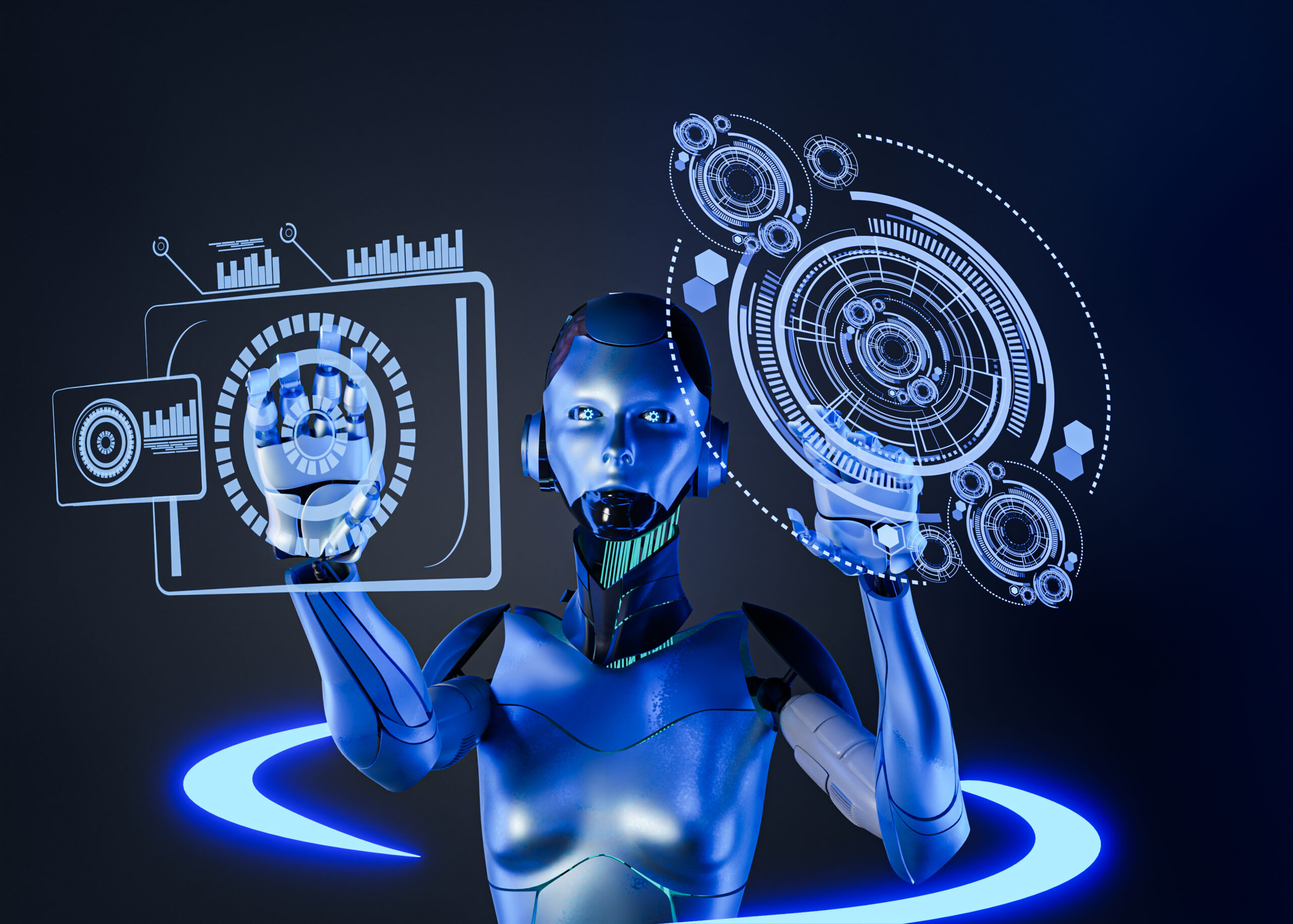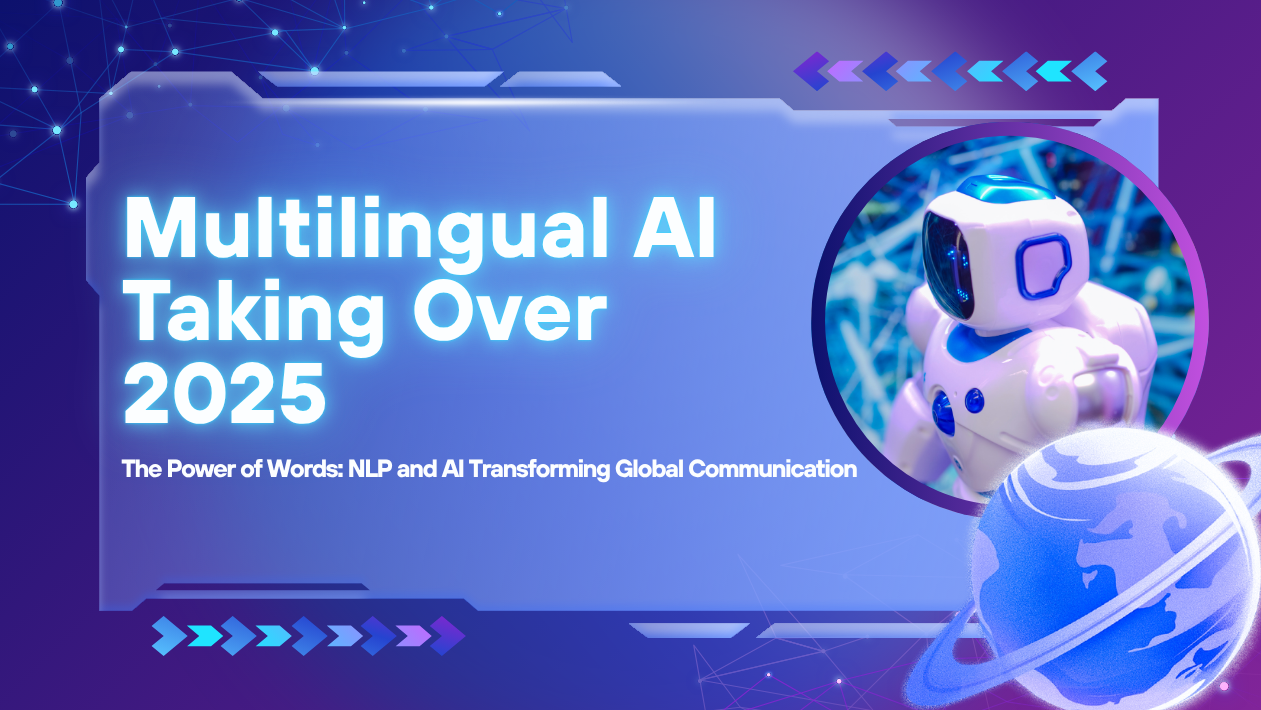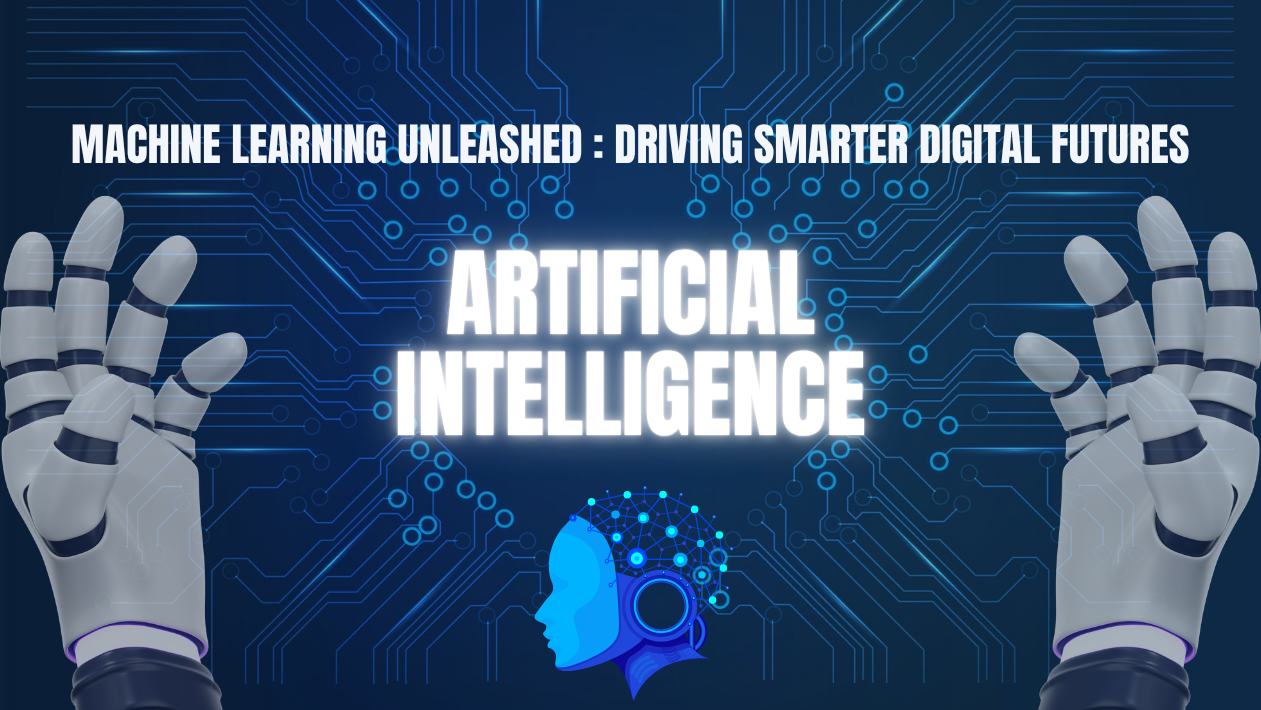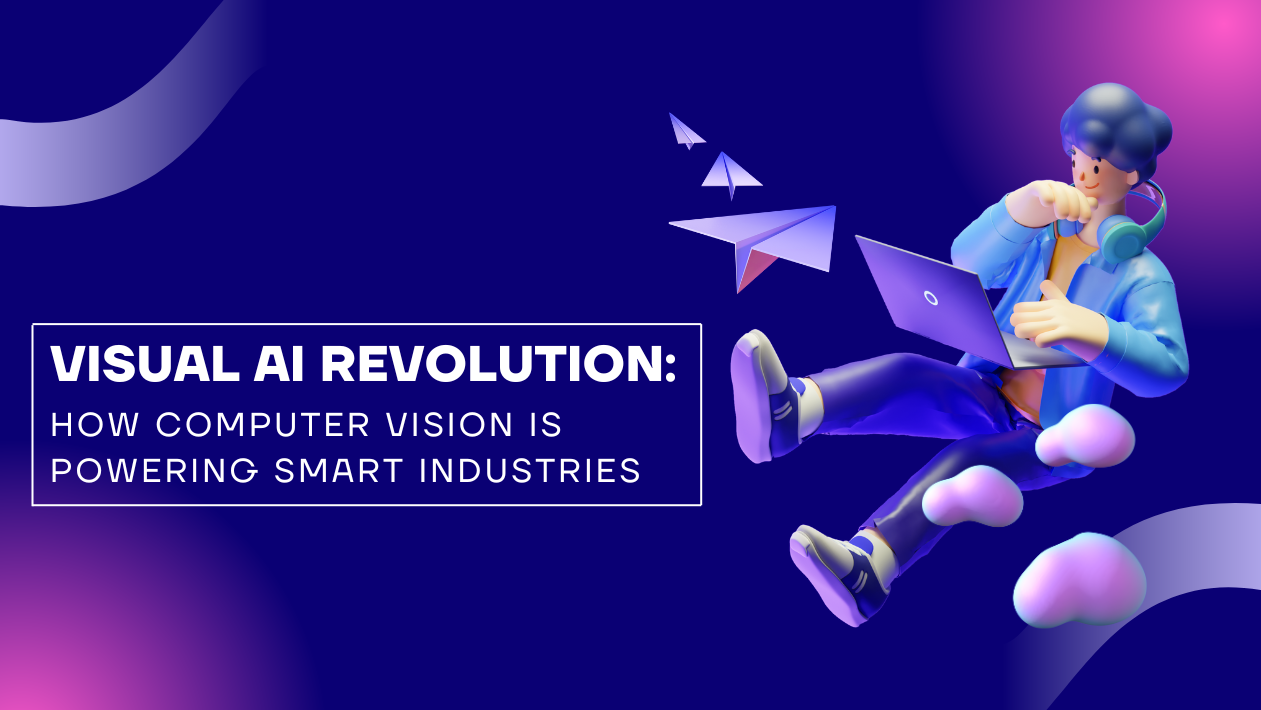Machine Learning (ML) has moved from research labs into the backbone of everyday life. In 2025, advancements in foundation models, generative AI, and real-time learning are making ML systems more accurate, efficient, and impactful across industries. From healthcare and finance to retail and transportation, organizations are embedding ML into their strategies to unlock growth and resilience.
Foundation Models Accelerate Enterprise ML Adoption
Pretrained foundation models are now the starting point for most enterprise AI projects. Businesses can fine-tune these models for fraud detection, demand forecasting, or customer service without building from scratch. Platforms like AWS SageMaker, Google Vertex AI, and Azure ML are enabling faster, cheaper, and more scalable deployments.
Healthcare: Predictive and Preventive Care
ML algorithms are helping doctors detect diseases earlier, predict patient risks, and personalize treatments. Hospitals now rely on ML for diagnostic imaging, patient triage, and drug discovery, with clinical trials shortened by AI-powered simulations.
Finance and Retail Transform with ML Insights
Banks are using ML for real-time fraud detection, credit scoring, and personalized financial advice. Retailers leverage ML to predict demand, optimize pricing, and tailor recommendations—boosting both sales and customer satisfaction.
Edge Machine Learning Gains Momentum
With advances in edge computing and compact ML models, more devices can now process data locally without relying on the cloud. From smartwatches predicting health anomalies to self-driving cars reacting instantly, real-time inference is reshaping consumer and industrial applications.
Ethics and Responsible ML Take Priority
As ML becomes ubiquitous, concerns over bias, fairness, and explainability are growing. Regulators are enforcing new rules requiring transparency in decision-making, particularly in lending, hiring, and healthcare. Tools for model auditing and explainable AI are becoming industry standards.
The Future: Continual and Autonomous Learning
Experts predict the next wave of ML will focus on continual learning, where models adapt over time without retraining. This shift will allow AI systems to evolve with changing data, making them smarter, safer, and more aligned with real-world environments.





